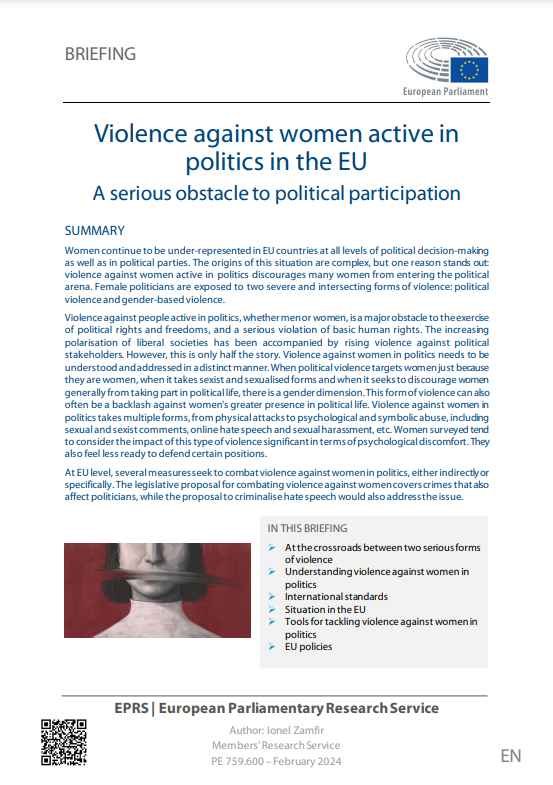By Tuesday Reitano
Finding responses to illicit financial flows (IFFs) and preventing the extraction, movement and secretion of wealth from the licit global economy has become a growing policy preoccupation. The scale of IFFs and their continued growth has been linked to damaging consequences for governance and the building of peaceful, inclusive societies that achieve development for their citizens. This paper draws on the body of research by the Global Initiative Against Transnational Organized Crime (GI-TOC) to demonstrate how and why responses to IFFs are falling short.
This wide-ranging review concludes that:
The response to IFFs is too focused on the international financial system, and has failed to recognise and integrate the need to also strengthen oversight and integrity in trade flows, which is one of the dominant means by which illicit value is transferred.
Informal economic activity, and the size and growth of the informal sector in many economies is undermining the efficacy of regulatory and oversight instruments.
Political will to tackle the problem appears to be lacking – instead, in a number of key states policymaking has been captured to serve the interests of those for whom the offshore financial system and other legal and regulatory loopholes are of significant benefit. Moreover, state actors are both a significant part of the problem, both as a source of IFFs and as a conduit to enabling their continuation.
The implications of such extensive state involvement are profound, ranging from an overly technical approach to the challenge; the capture and distortion of multilateral processes; the failure to link policy to insecurity and violence, and a closing space for civil society manifested in legal, reputational and physical threat. In the absence of political will, and given the way that the traditional avenues for policy and programmatic response have been compromised, the paper concludes by proposing a few ways to strengthen the response, including by building a stronger and more active role for civil society as activists, whistleblowers and sources of oversight and response; promoting financial inclusion and reducing informality, and focusing on the role of non state actors as potential gatekeepers to guard against IFFs.
SOC ACE Research Paper No. 14. Birmingham, UK: University of Birmingham 2022. 45p.


















